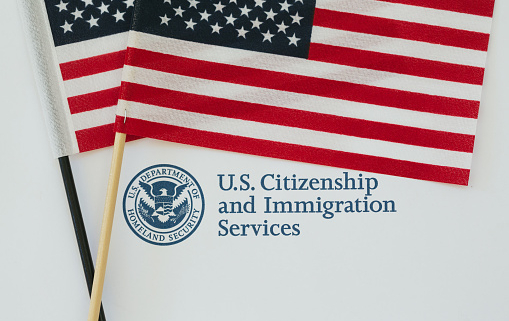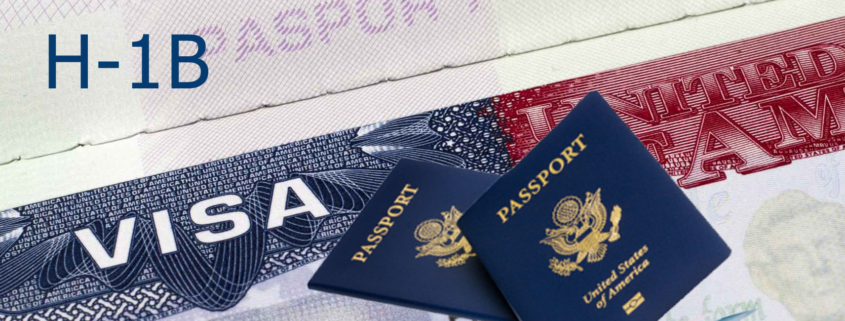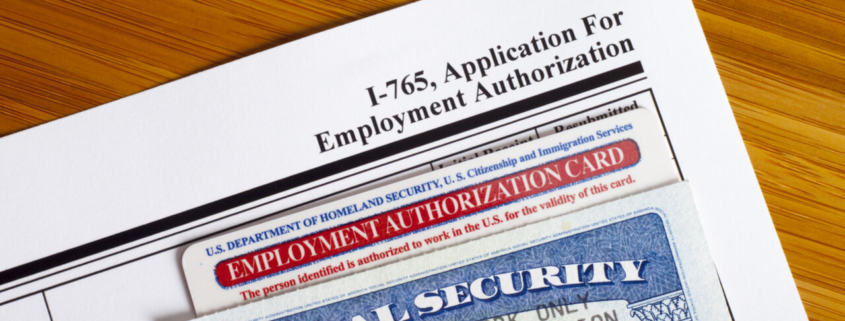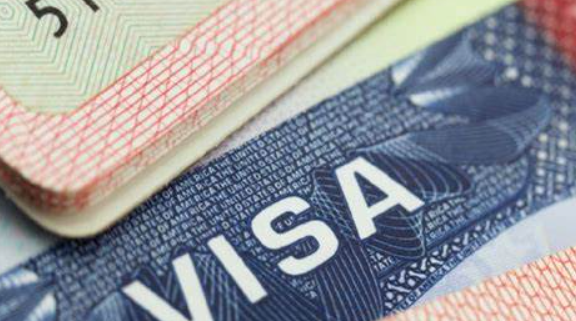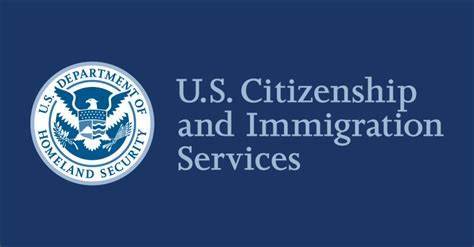H-1B Initial Registration Period Closed
The initial registration period for the FY 2025 H-1B cap season closed at noon Eastern on March 25, 2024. USCIS will soon randomly select enough unique beneficiaries of properly submitted registrations projected as needed to reach the FY 2025 H-1B numerical allocations (H-1B cap), including the advanced degree exemption (master’s cap), and will notify all prospective petitioners with selected beneficiaries that they are eligible to file an H-1B cap-subject petition for such beneficiaries. They will issue another web alert when this process has been completed.
H-1B Form I-129 Filing Location Change to Lockbox
Starting April 1, 2024, H-1B and H-1B1 (HSC) Form I-129 petitions must no longer be filed at the USCIS service centers. All paper-based H-1B and H-1B1 (HSC) Form I-129 petitions must be filed at USCIS lockbox locations. This includes cap, non-cap, and cap-exempt H-1B filings.
They will reject H-1B or H-1B1 (HSC) petitions received at a USCIS service center on or after April 1, 2024. There will be no grace period provided.
USCIS has specific mailing addresses for cases that are subject to the H-1B cap. To determine the correct mailing address, please see our Form I-129 Direct Filing Addresses page.
If a petition is filed at the wrong location, we may reject the petition. Rejected petitions will not retain a filing date. If they reject a petition because it was filed at the wrong location, it may be refiled at the correct location, or online. H-1B cap subject petitions may be refiled at the correct location, or online, as long as the petition is refiled during the designated 90-day filing window listed on the selection notice.
New Fees and Form Edition
On Jan. 31, 2024, USCIS published a final rule that adjusts the fees required for most immigration applications and petitions. The new fees are effective April 1, 2024. Petitions postmarked on or after April 1, 2024, must include the new fees or they will not accept them. Additionally, there will be a new 04/01/24 edition of Form I-129, Petition for a Nonimmigrant Worker. There will be no grace period for filing the new version of Form I-129 because it must include the new fee calculation.
What to Know About Sending Them Your Form I-129.
- They will accept the 05/31/23 edition of this form if it is postmarked before April 1, 2024;
- They will not accept the 05/31/23 edition of this form if it is postmarked on or after April 1, 2024; and
- They will only accept the 04/01/24 edition of this form if it is postmarked on or after April 1, 2024.
They have published a preview version of the 04/01/24 edition of Form I-129 (PDF, 2.07 MB) and its instructions (PDF, 428.11 KB).
They will use the postmark date of a filing to determine which form version and fees are correct but will use the received date for purposes of any regulatory or statutory filing deadlines.
As a reminder, they recently announced a final premium processing fee rule that increased the filing fee for Form I-907, Request for Premium Processing Service, to adjust for inflation, effective Feb. 26, 2024. If we receive a Form I-907 postmarked on or after Feb. 26, 2024, with the incorrect filing fee, we will reject the Form I-907 and return the filing fee. For filings sent by commercial courier (such as UPS, FedEx, and DHL), the postmark date is the date on the courier receipt.
Online Filing and Organizational Accounts
On Feb. 28, 2024, they launched new online organizational accounts that allow multiple people within an organization and their legal representatives to collaborate on and prepare H-1B registrations, H-1B petitions, and any associated Form I-907. Information on organizational accounts is available on the Organizational Accounts Frequently Asked Questions page.
They also launched online filing of Form I-129 and associated Form I-907 for non-cap H-1B petitions on March 25. On April 1, they will begin accepting online filing for H-1B cap petitions and associated Forms I-907 for petitioners whose registrations have been selected.
Petitioners will continue to have the option of filing a paper Form I-129 H-1B petition and any associated Form I-907 if they prefer. However, during the initial launch of organizational accounts, users will not be able to link paper-filed Forms I-129 and I-907 to their online accounts.
No More Pre-paid Mailers
Prepaid mailers are no longer used to send out any communication or final notices for any H-1B or H-1B1 (HSC) petitions as of March 25. With H-1B intake now occurring at the lockbox or online, they will not be able to use any prepaid mailers for H-1B or H-1B1 (HSC) filings.
The process of printing and mailing H-1B petition approval notices by first-class mail is fully automated. MyUSCIS account holders will also receive an email or text message notification when there is a case status change on a case in their account, followed by a paper notice by mail.


